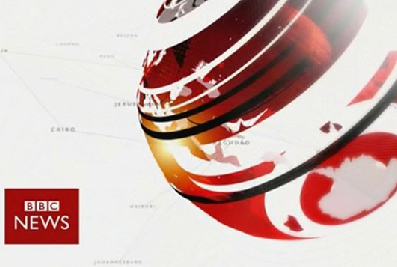News: EU roaming charges drop
For the past seven years, EU officials have been working towards eliminating mobile roaming charges across the continent. On 1 July 2014, The EU took a leap forward in these efforts, with charges being cut by up to 50 percent.
This price drop means users will be charged less to make calls, surf the web and send texts from their mobile phones within the EU. Roaming charges for mobile phone calls will be reduced by 21 percent, bringing them down to a cap of 19 Euro cents. This reduction is part of the bigger plan to achieve a pan-national unified network within the “connected continent”.
Neelie Kroes, the EU telecoms commissioner, stated, “This huge drop in data roaming prices will make a big difference to all of us this summer”.
However, consumer groups are already warning that roaming charges have been increased outside the EU to offset these lowered fees. Additionally, consumers should also be on the lookout for other types of contract changes that could result in increased costs.




